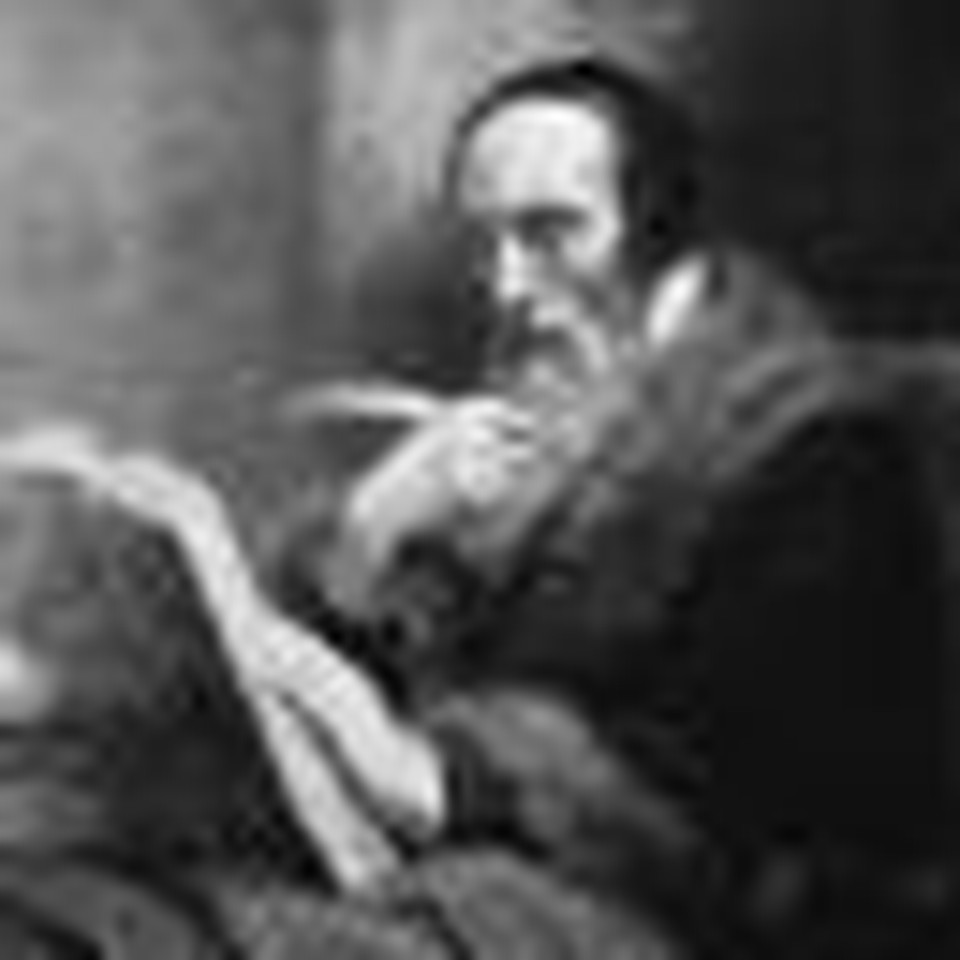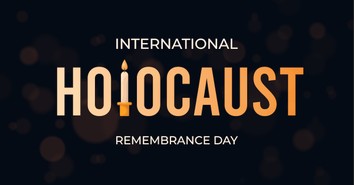Seeing Things as They Are: Calvin, the Epicureans & Today's Atheists

Historians have sometimes raised the question whether atheism in the strict sense was even a viable intellectual option in John Calvin's day. He certainly did not encounter anything like the evangelical atheism of Christopher Hitchens or Richard Dawkins (two of the leading "New Atheists" of our time). But arguments against the existence of God -- or at least against the existence of the Christian God -- were certainly not unknown to him.
As we recently observed the 500th anniversary of Calvin's birthday, it is worth examining how he regarded the 16th-century equivalents of Hitchens and Dawkins. At that time, arguments against the belief in God came less in the form of outright denial than in the grudging admission that God, if God exists, was at best an impotent deity who did nothing in particular and who never meddled in human affairs. Such a God was an entirely unnecessary being, whose existence explained nothing and who could safely be ignored by decent godless folk who had better things to do.
Calvin and his contemporaries called people who held these views "Epicureans," after the ancient philosophers who first advocated these religious notions. Epicureans, ancient or modern, were not people who numbed their senses with too much gourmet food, fine wine and undisciplined sex. Contrary to the popular meaning of the term, Epicureans argued that the most satisfying pleasures were moderate pleasures.
What Calvin had in mind was something more subtle. The Roman poet Lucretius spoke for the ancient Epicureans when he argued that the universe was brought into being by an accidental concatenation of atoms and that this primordial bumping together of mindless atoms "created" both human beings and gods. Gods did not create the universe; they were created by it.
Epicureans could in good conscience affirm neither a divine creator of, nor an ultimate meaning in, the universe. Whatever gods there might be for Epicureans (and Cicero called the Epicureans practical atheists), those deities had no interest in what human beings think, feel or do. Indeed, Epicurean gods at the height of their powers did nothing godlike -- which meant that human beings were reduced to grasping what little bits of pleasure they could get or give in a terrifyingly empty universe. Calvin called the Epicurean vision of underperforming deities "God in a watchtower." It had, in his view, nothing to do with the biblical God.
The good news, as the Epicureans saw it, was that death was final. There was no life after death, no judgment, no rendering of accounts unpaid, no regrets, no illusions, only the peace of eternal non-existence. Whatever scraps of meaning people could wrest from an indifferent universe ended with death, against whose final and irreversible verdict there was no appeal.
Calvin was not surprised that some thoughtful human beings in his own day had embraced the practical atheism of the ancient Epicureans with their denial of any ultimate meaning to human life. The reason was complicated but not difficult to grasp.
In Calvin's view, human alienation from God not only muddled the moral life of men and women and made them less than they were meant to be. It also damaged the human perception of reality and distorted what should have been a clear vision of the world as the perpetual theater of God's glory into a bleak view of an empty landscape devoid of God's presence. The heavens declare, as they always have, the glory of God, but the human power of seeing what is plainly before one's eyes is fatally damaged.
At the same time, human beings are not entirely insensitive to the presence of some kind of God. Calvin agreed with Cicero that every human being has an innate, intuitive sense that there is a God or gods. Cicero thought it was this innate sense that prevented the Epicureans from denying the existence of God entirely, although it did not prevent them from diluting such an admission into extremely thin gruel.
God never ceases to witness to God through nature and history. From Calvin's point of view that is extremely good news. But the human capacity to see what God is doing, even if it happens openly and in public view, is damaged.
Calvin uses several images to convey the degree of cognitive damage. Sinful men and women can see scattered sparks of God's glory, intermittent flashes of divine lightning, and even have the volume of nature and history to serve as a guidebook back to God. But human beings, like an old man who has misplaced his spectacles, can no longer read the book they have been handed.
Redemption is not in the first instance about what happens after death. It is about the restoration in this life of sight to the blind. It is about regaining the gifts of creation, once lost but now restored. It is about seeing what is there to be seen, what has always been there to be seen. The spectacles of Scripture and the healing light of the Holy Spirit expose the Epicurean vision of an impotent God, a meaningless universe, and the finality of death for the sad delusions that they are.
God is doing God's work of creation and redemption, a work that God has always been doing. The triumph of the crucified does not depend on human gifts, energy or leadership skills. Nor does the outcome depend on the sincerity of human dedication. The Epicurean myth of a deus otiosus, a lazy God, a perpetual underachiever, is precisely that, a fairy tale with no foundation in reality.
God is doing, actively, energetically, in hidden and public ways, a work that cannot and will not fail, against which even the concentrated forces of wickedness cannot prevail. The good news is that Christians have been called to share in the work God is doing. Grace has restored their ability to see it, to love it, and, however imperfectly, to do it.
David C. Steinmetz is the Amos Reagan Kearns Distinguished Professor Emeritus of the History of Christianity at Duke Divinity School.
This article originally appeared on Faith & Leadership.
Publication date: June 9, 2010
Originally published June 09, 2010.




